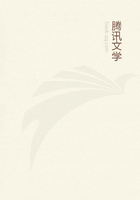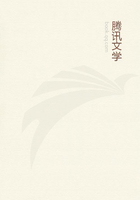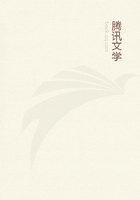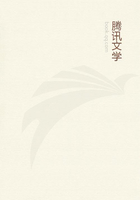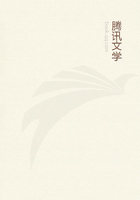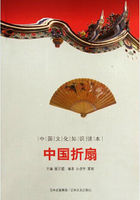But, now, such a unity is one which must be necessarily presupposed and assumed, as otherwise we should not have a thoroughgoing connection of empirical cognition in a whole of experience.For the universal laws of nature, while providing, certainly, for such a connection among things generically, as things of nature in general, do not do so for them specifically as such particular things of nature.Hence judgement is compelled, for its own guidance, to adopt it as an a priori principle, that what is for human insight contingent in the particular (empirical) laws of nature contains nevertheless unity of law in the synthesis of its manifold in an intrinsically possible experience-unfathomable, though still thinkable, as such unity may, no doubt, be for us.Consequently, as the unity of law in a synthesis, which is cognized by us in obedience to a necessary aim (a need of understanding), though recognized at the same time as contingent, is represented as a finality of objects (here of nature), so judgement, which, in respect of things under possible (yet to be discovered) empirical laws, is merely reflective, must regard nature in respect of the latter according to a principle of finality for our cognitive faculty, which then finds expression in the above maxims of judgement.Now this transcendental concept of a finality of nature is neither a concept of nature nor of freedom, since it attributes nothing at all to the object, i.e., to nature, but only represents the unique mode in which we must proceed in our reflection upon the objects of nature with a view to getting a thoroughly interconnected whole of experience, and so is a subjective principle, i.e., maxim, of judgement.For this reason, too, just as if it were a lucky chance that favoured us, we are rejoiced (properly speaking, relieved of a want) where we meet with such systematic unity under merely empirical laws: although we must necessarily assume the presence of such a unity, apart from any ability on our part to apprehend or prove its existence.
In order to convince ourselves of the correctness of this deduction of the concept before us, and the necessity of assuming it as a transcendental principle of cognition, let us just bethink ourselves of the magnitude of the task.We have to form a connected experience from given perceptions of a nature containing a maybe endless multiplicity of empirical laws, and this problem has its seat a priori in our understanding.This understanding is no doubt a priori in possession of universal laws of nature, apart from which nature would be incapable of being an object of experience at all.But over and above this it needs a certain order of nature in its particular rules which are only capable of being brought to its knowledge empirically, and which, so far as it is concerned are contingent.These rules, without which we would have no means of advance from the universal analogy of a possible experience in general to a particular, must be regarded by understanding as laws, i.e., as necessary-for otherwise they would not form an order of nature-though it be unable to cognize or ever get an insight into their necessity.Albeit, then, it can determine nothing a priori in respect of these (objects), it must, in pursuit of such empirical so-called laws, lay at the basis of all reflection upon them an a priori principle, to the effect, namely, that a cognizable order of nature is possible according to them.A principle of this kind is expressed in the following propositions.There is in nature a subordination of genera and species comprehensible by us: Each of these genera again approximates to the others on a common principle, so that a transition may be possible from one to the other, and thereby to a higher genus: While it seems at outset unavoidable for our understanding to assume for the specific variety of natural operations a like number of various kinds of causality, yet these may all be reduced to a small number of principles, the quest for which is our business; and so forth.This adaptation of nature to our cognitive faculties is presupposed a priori by judgement on behalf of its reflection upon it according to empirical laws.But understanding all the while recognizes it objectively as contingent, and it is merely judgement that attributes it to nature as transcendental finality, i.e., a finality in respect of the subject's faculty of cognition.For, were it not for this presupposition, we should have no order of nature in accordance with empirical laws, and, consequently, no guiding-thread for an experience that has to be brought to bear upon these in all their variety, or for an investigation of them.
For it is quite conceivable that, despite all the uniformity of the things of nature according to universal laws, without which we would not have the form of general empirical knowledge at all, the specific variety of the empirical laws of nature, with their effects, might still be so great as to make it impossible for our understanding to discover in nature an intelligible order, to divide its products into genera and species so as to avail ourselves of the principles of explanation and comprehension of one for explaining and interpreting another, and out of material coming to hand in such confusion (properly speaking only infinitely multiform and ill-adapted to our power-of apprehension) to make a consistent context of experience.

